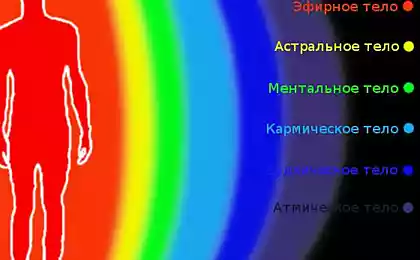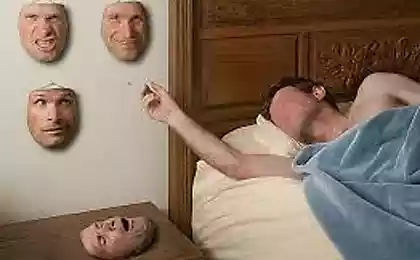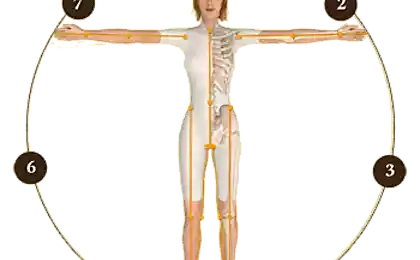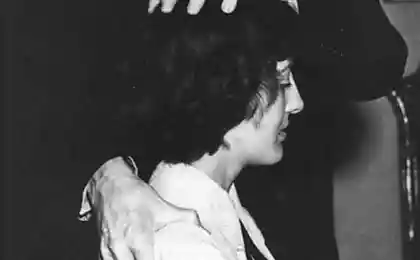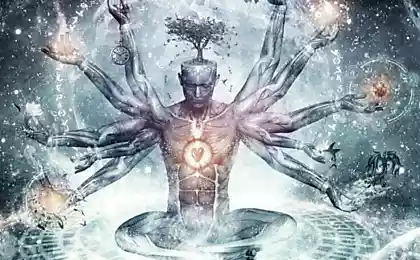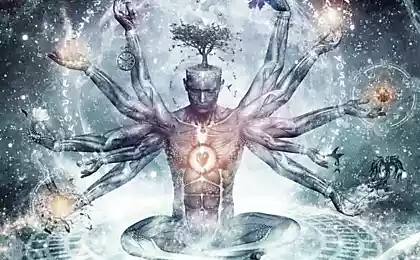512
8 habits of the body that cannot be controlled
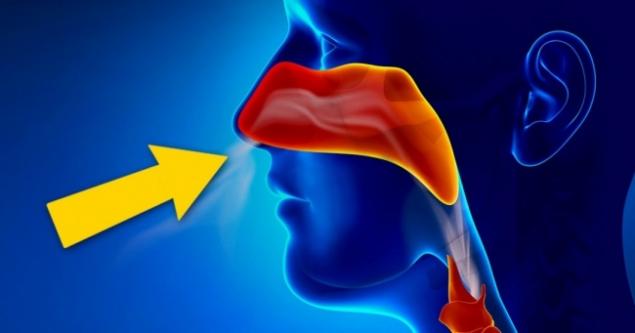
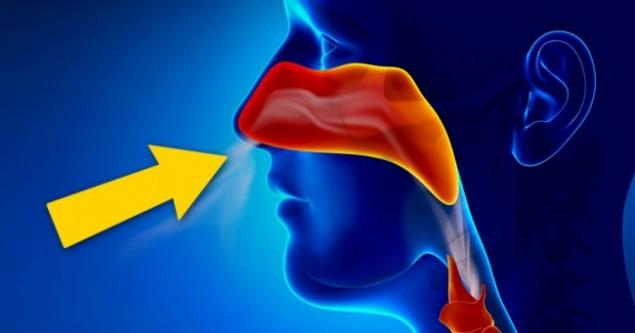
The human body and its capabilities are not fully understood. Every day scientists are moving in this direction and get new data about the unknown reactions in the body. This time the Website together with scientists will tell you, what habits we can't control. I'd like to.
1. Forgetting what came

Psychologists at the University of Notre Dame opened a "doorway effect". It turned out that when a person goes through him, he quickly forgets information.
"Our thinking perceives the doorway as a milestone separating the series of events into "before" and "after". What happened to the moment of passage through the door is removed from short-term memory and placed "on the archive shelf" consciousness," says Professor Gabriel Radvansky, who led the study. Thus, the brain perceives the passage through the door as a signal to reset "legacy data". The old information is deleted to make room for the new. Also forgetting to bring a sudden knock at the door, the completion of complex tasks or a highly distracting effect.
2. Blush
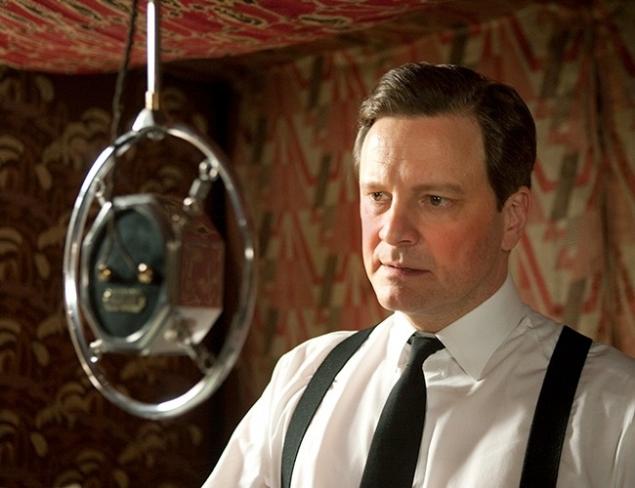
Physiological response that occurs during stress (increased attention from others, excitement before the performance, the sudden compliment, etc.). The body wants to defend itself and comes into a state of "readiness": is thrown adrenaline, tense muscles, quickens the heartbeat, there is a fever. Redness occurs at the moment when the capillaries dilate to bring excess heat to the outside. So the body reduces body temperature.
3. To fall in sleep

Falling in a dream or hypnagogic jerk occurs when the brain falls asleep before the body shuts down. Hypnagogic jerk is the opposite condition — paralysis. In this case, the brain wakes up before "runs" of the body, and we some time lying awake, unable to move any part of the body, clearly aware of what is happening around.
4. To inhale through one nostril

People often only breathe through one nostril — this is due to the change of nasal cycles every 4 hours. Studies have shown that inhaling through the left nostril activates the right hemisphere, and in right — left. So changing the way of breathing, you can enhance creative or logical side of his personality.
5. To see translucent things in front of the eyes

This is the red blood cells, protein clumps and other pieces of tissues inside the eye, and we see them because they cast a shadow on the retina. We see them periodically, but most often spontaneously.
6. Talking in your sleep

According to the American Academy of sleep medicine, approximately 5 % of adults talk in their sleep. Doctor of medicine W. Christopher winter says, it usually happens in the first hour or two of sleep, when the body is strong relaxes, falls into a deep stage of sleep but the body's still enough muscle tone to produce sounds.
7. To dream

There are 10 main theories that explain the emergence of dreams. Freud believed that repressed desires and hidden aspirations of the people. Psychiatrist Allan Hobson is convinced that the dream is meaningless and is merely the result of random electrical impulses. This phenomenon is not fully understood, and everyone chooses how to treat them. The fact remains: to control we can not, and even if we sleep on one pillow with another person of the same dreams, we "will not show".
8. To respond to the placebo effect

Placebo used already in the XVIII–XIX centuries. For example, the doctor Matvei Mudrov gave a simple, gold and silver powders, which eased the pain of patients. After death the doctor found that the main component of these powders was milled chalk. Placebo does not cure the disease, but leads to some subjective improvement. Interestingly, the placebo effect is stronger when injected.
Photos on the preview decade3d
According to the materials Be Amazed
See also
What were our favorite foods before they were collected
9 strange things that makes the body to protect
via www.adme.ru/zhizn-nauka/9-strannyh-veschej-kotorye-delaet-telo-dlya-nashej-zaschity-1400115/
14 illustrations, revealing the dark side of modern society
7-year-old girl sent a resume to Google, and invited her to work
